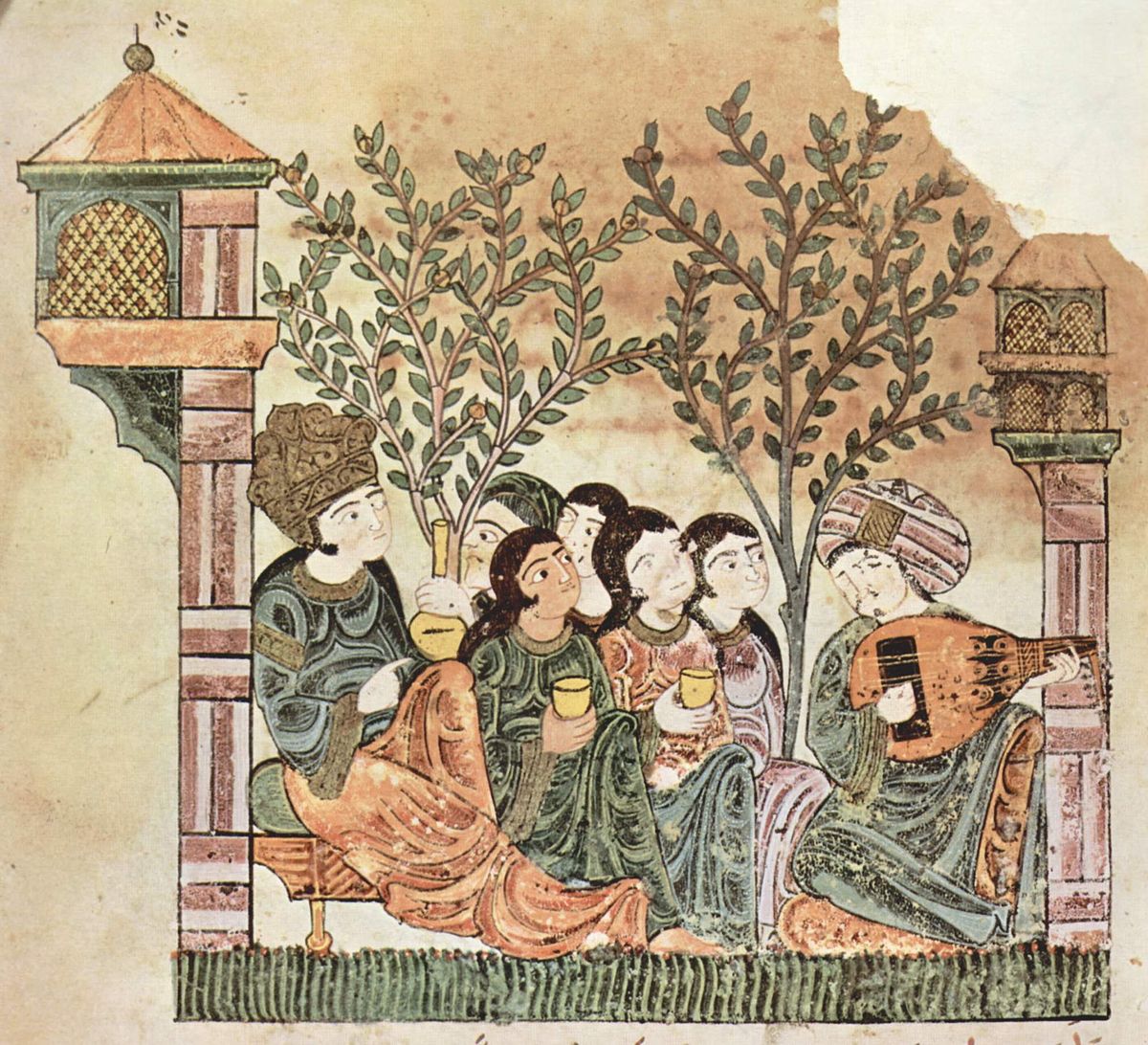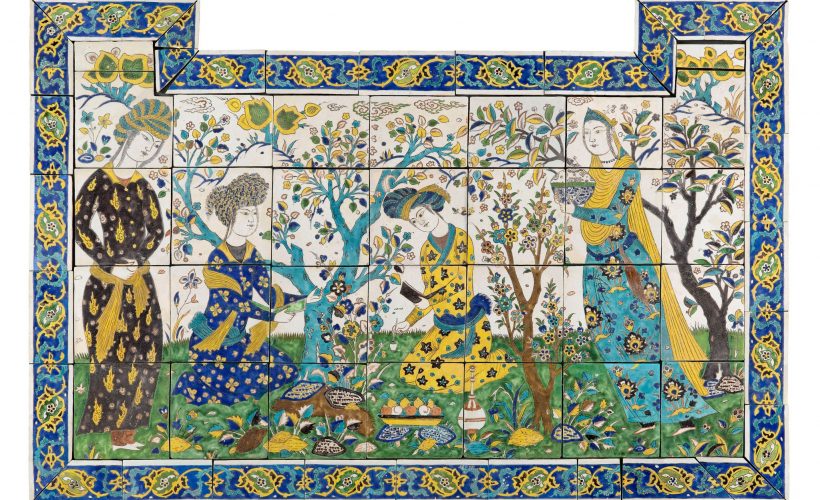History & Heritage
9.21.2023
Why is poetry so deeply rooted in Saudi culture?

As the Saudi national day approaches, we take a look at one of the cornerstones of Saudi and Arabian culture: poetry. But how did it become so important to the region?
It is often stated by anthropologists and historians that the Middle East is a region steeped in oral tradition, but how did this tradition develop? In reality, stories and folklore, especially within the Arabian context, were transmitted through generations via memorization and recitation, obviating the need for written documentation. Within this recitation tradition, distinct rhythms and styles emerged, elevating recitation to an art form requiring a certain musicality, eventually giving rise to poetry.
A history that goes back a long way
The emergence of modern Arabic poetry followed centuries of development and experimentation, culminating in what we have today. Arabic literature was predominantly poetic, flourishing during the 5th century and reaching its zenith during the Islamic Golden Age, spanning from the 7th to the 13th century AD. However, it is essential to acknowledge the prominence of pre-Islamic poets of the Arabian Peninsula who gained renown in the 6th century.
Voir cette publication sur Instagram
As previously noted, poetry did not originate in the post-Islamic era but was an intrinsic facet of Arabian culture long before the advent of Islam. One of the most celebrated pre-Islamic poets, Imru al Qays, continues to be a subject of study in Arabic classes across numerous countries to this day. A multitude of poems recounting stories from the territories of modern-day Saudi Arabia form the bedrock of general Arab culture. Notable examples include Antara Ibn Shaddad and the epic tale of Layla and Majnun, both immortalized in poetic forms, and both used as metaphors by speakers of Arabic. Moreover, Arabs in antiquity often stressed the importance of this form of literature. Hassan ibn Thabit, the ancient Arabian poet, wrote:
“Indeed, poetry is the essence one conveys,
In gatherings, whether wise or less so, hence.
And if you weave a verse with utmost grace
It shall be recited, and truth will be declared.”
A literary tradition of its own right
Over time, Arab poetry continued to evolve, birthing diverse traditions such as the ghazal, symbolizing romantic poetry or, quite literally, the art of flirtation. Other genres like the Hamasah focused on chronicling tribal warfare, while the Tardiyyah celebrated the achievements of skilled hunters whose prowess contributed to their tribe’s survival. It becomes evident that poetry accompanied every facet of ancient Arabian life, establishing itself as a vital cultural cornerstone. This enduring practice remains deeply ingrained in Saudi folklore and tradition, preserving its significance to this day.
popular

